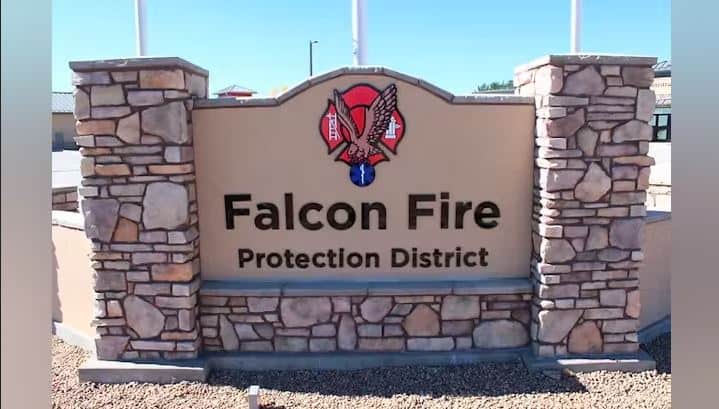Every year in the United States, fires started by children cause millions of dollars in damage, hundreds of injuries and even deaths. Some of these fires are accidental, caused by curious children playing with matches or lighters. Other fires are intentional acts of delinquency or vandalism.Determining the exact scope of the juvenile firesetting problem can be difficult since some fires go unreported, and parents may opt to handle fire play issues themselves; rather than involve a fire department or law enforcement agency. However, the National Fire Protection Association has some sobering statistics regarding children who set fires:
- Between 2007 and 2011, children playing with fire caused an average of 49,300 fires annually.
- These fires resulted in an annual average of 80 civilian deaths, 860 civilian injuries and $235 million in property damage.
- Forty-three percent of structure fires in homes were started by a child under the age of 6.
Additionally, the Federal Bureau of Investigation estimates that more than a third (38 percent) of all arrests for arson in 2012 involved people under the age of 18.
Why children set firesChildren under the age of 17 who start fires are considered to be juvenile firesetters. According to literature from the Colorado Springs Fire Departmentís Fire Factor program, most juvenile firesetting behaviors fall into five general classifications.
- Curiosity firesetting occurs primarily with children 2 to 10 years old who are curious about fire but lack understanding about the consequences of their actions. Contributing factors include a lack of adult supervision and access to lighters and matches.
- Crisis firesetters misuse fire to signal a need for help. These children may be dealing with emotional trauma or stress and act out by starting fires.
- Thrill-seekers are often influenced by their peers and enjoy the attention their firesetting receives. Some may try to duplicate dangerous stunts theyíve seen in video games or in online videos.
- Delinquent firesetters intentionally misuse fire with the intent to cause destruction. These children may set fires, ignite fireworks or activate fire alarms because of boredom, peer pressure or an urge to show off.
- Pathological fire starters use fire to compensate for feelings of helplessness, and have no regard for others. These children are often emotionally disturbed and represent a danger to themselves, their families and the community.
NFPA statistics also reveal some general trends about kids who start fires:
- Males are more likely to engage in fire play than females.
- Younger children are more likely to set fires in homes, while older children and teenagers are more likely to set fires outside.
- Thirty-nine percent of home fires caused by a child playing with fire began in a bedroom. Lighters were the heat source in just over half of home fires caused by fire play.
Warning signs of a bigger problemWhile curiosity is a natural part of childhood, not all kids experiment with lighting fires. Emotional strains can also be part of growing up, but not all children turn to firesetting as a result of upheaval in their young lives.Identifying what causes some children to light fires and others to abstain from such activity isnít always simple, but there are warning signs that parents and educators can watch for. These may include, but are not limited to
- Extreme interest in fire and how things burn
- Playing with matches or lighters
- Mental health issues
- Disciplinary problems
- Family stresses including divorce, relocation or deployment of a military parent
- Child abuse, neglect or abandonment
- Aggressiveness or cruelty toward people and animals
- Stealing, lying and drug or alcohol abuse
Prevention and interventionMatt Gibbs, a driver/operator with the Falcon Fire Protection District, knows that a little prevention can go a long way. A father and former teacher, Gibbs coordinates the annual firefighter visits to second-grade classes at Falcon elementary schools, during which children learn about fire safety and other topics. He is also a Juvenile Firesetter Intervention Specialist who can facilitate the process of getting young firesetters and their parents the help they need.Gibbs said that the intervention process for juvenile firesetters is completely voluntary, unless the intervention has been ordered by the court or law enforcement. Intervention begins with a pair of risk surveys to determine issues in a childís life that could contribute to their firesetting behavior. For example, children are asked about personal behaviors, interactions with other people, problems at home and the reasons they started the fire. Parents answer questions about their childís overall behavior, emotional reactions and past incidents involving fire.A childís level of risk is determined by the survey results. Children at little risk may only need an educational intervention. Those classified as ìdefinite riskî may receive a referral for a mental health evaluation in addition to education. Extreme risk children are immediately referred to a mental health professional or agency. Additionally, and depending on individual circumstances, other organizations such as the childís school, social services or law enforcement may need to be involved.Consequences of firesettingAll too often, children become victims of the fires they set. About 85 percent of children killed in fires die as a result of a fire they started themselves. Gibbs tells kids, ìYou can hurt yourself or others you love, and injuries can be permanent. We donít want to see anyone get hurt.îGibbs said parents are often surprised to learn that children as young as 10 years old can be arrested and charged with arson (first through fourth degrees) or other related crimes. Such arrests can land a child in a juvenile detention facility.Parents or educators with questions or concerns about children who may be involved in firesetting should contact the Falcon Fire Protection District at 719-495-4050.





